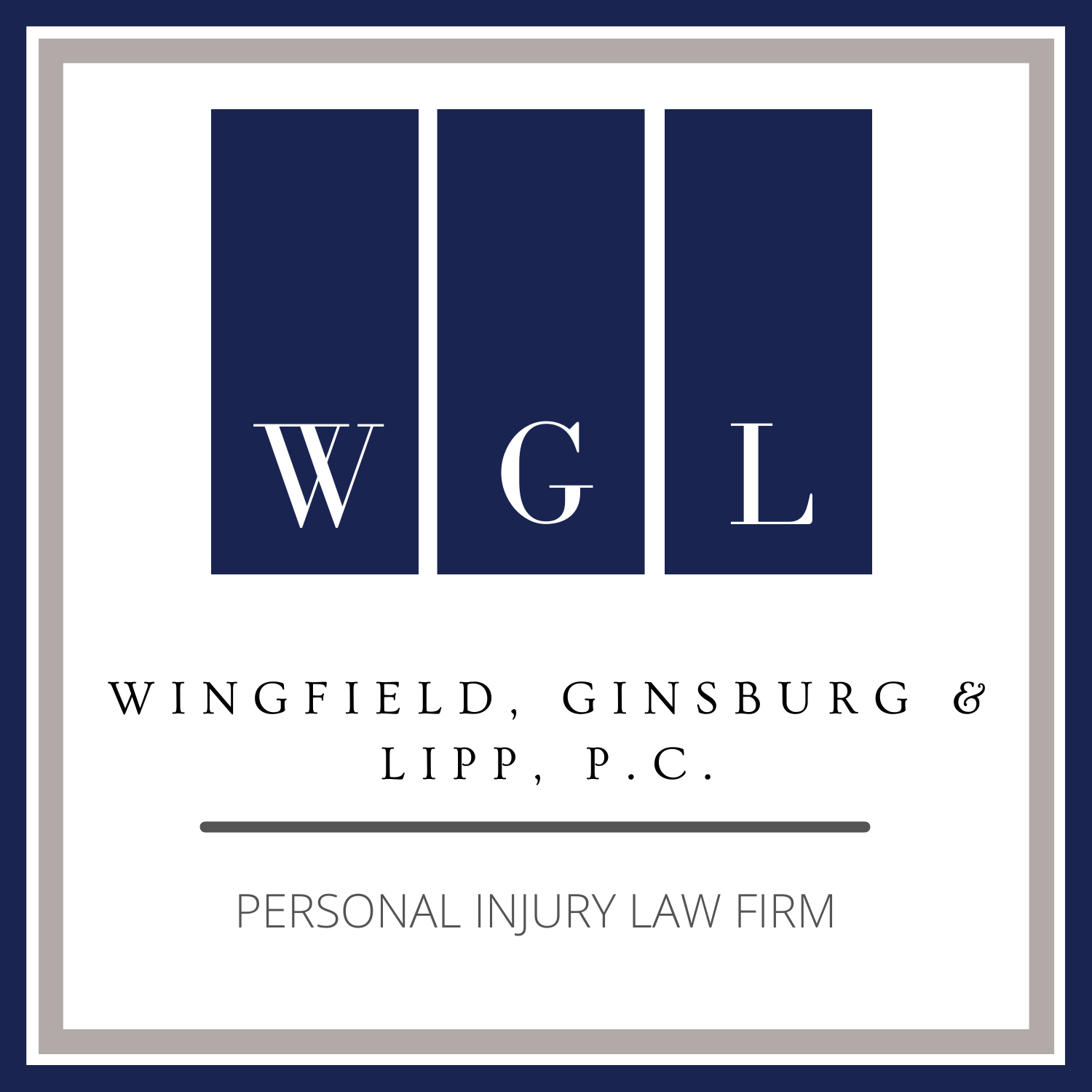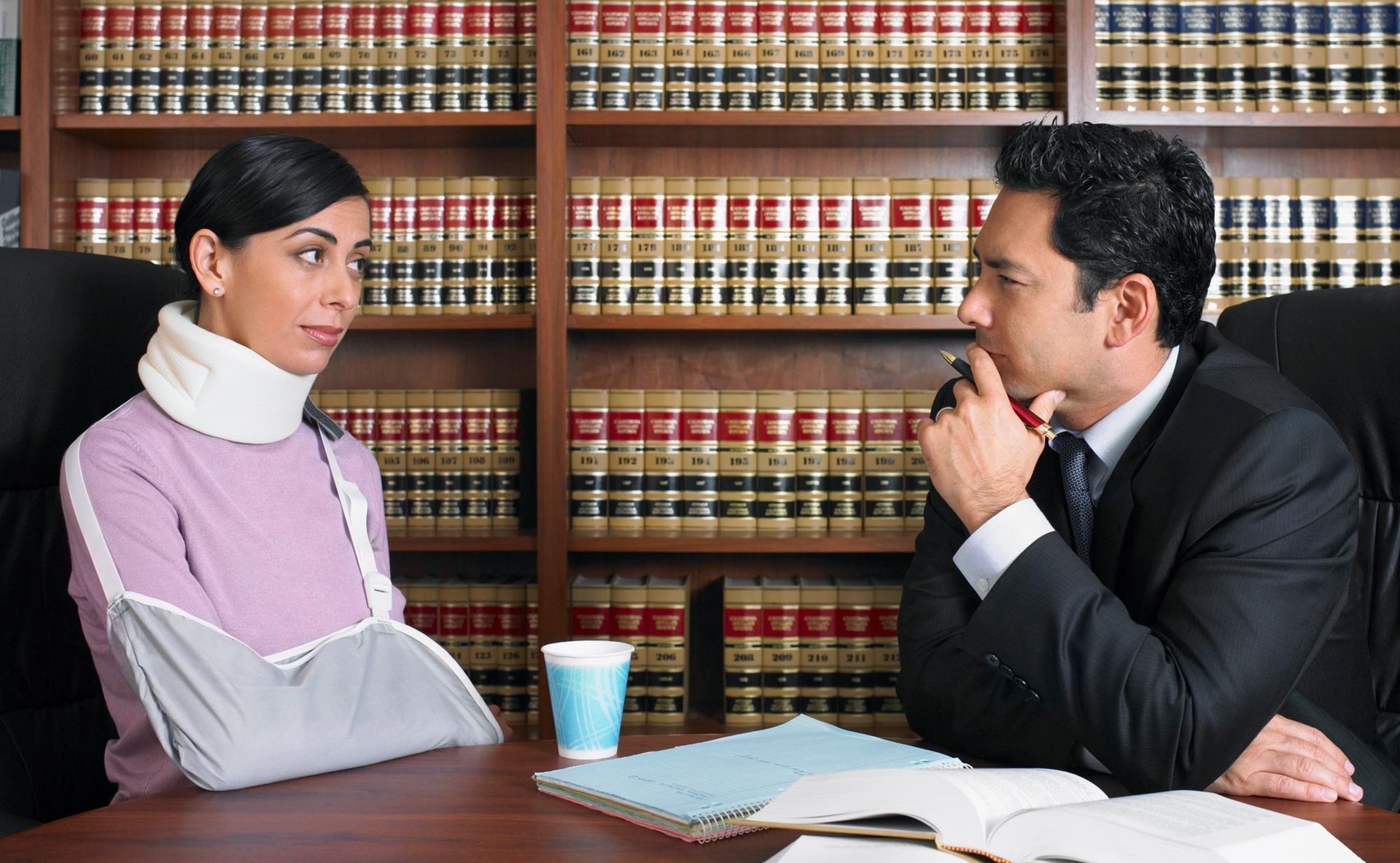Toll Free
Call Us Today
Navigating Personal Injuries in Ride Share Accidents

The modern landscape of transportation has seen a significant evolution with the rise of rideshare platforms. However, as with any mode of transportation, accidents are inevitable. Rideshare accidents, in particular, present unique challenges for those involved, especially when it comes to personal injuries. Here are some tips to help navigate a rideshare accident.
Understand the Complexities of Ride Share Accidents
Rideshare accidents can be multifaceted in nature. Unlike typical vehicular accidents, these involve not just the drivers and passengers but also the rideshare platforms themselves. The layered structure of responsibilities often complicates matters, making it difficult to determine liability and pursue compensation.
Liability Challenges
The ambiguity of who is truly at fault can be a significant hurdle in rideshare accidents. Is the driver responsible because of a potential oversight, or does the platform bear some of the blame? Determining liability becomes crucial when personal injuries are in the equation, as medical expenses, loss of wages, and other damages come into play.
If a rideshare driver is found to be at fault for an accident due to reasons like distracted driving, impairment, or any other form of negligence, they can indeed be held personally responsible. In many jurisdictions, drivers are required to have their own personal car insurance, which should cover them in case they're at fault. However, their personal insurance might not be sufficient to cover all the damages, especially if severe injuries or fatalities are involved.
Insurance Intricacies
Another aspect to consider is the insurance coverage. While rideshare drivers are required to have personal auto insurance, these policies might not always cover accidents that occur while they're logged into the platform awaiting ride requests.
On the other hand, rideshare platforms usually offer liability coverage when a driver is actively ferrying a passenger. Navigating these intricate policies and understanding where coverage begins and ends is crucial for victims of such accidents.
Receive Medical Attention Post-Accident
Regardless of the nature of the accident, prioritizing medical attention is essential. Even if injuries appear minor initially, certain symptoms might manifest later. Obtaining a thorough medical examination immediately following the accident not only ensures the victim's well-being but also strengthens any subsequent personal injury claims.
Document Your Damages
Keeping detailed records can be the linchpin in a personal injury case stemming from a rideshare accident. This includes photographs of the accident scene, witness testimonials, medical reports, and any correspondence with the rideshare platform or insurance companies. Such documentation can provide substantial evidence, making it easier to establish the facts of the case.
Seek Legal Counsel
Given the complexities surrounding rideshare accidents and personal injuries, seeking legal advice becomes paramount. An attorney with experience in this domain can offer guidance on the best course of action, ensuring that the victim's rights are protected and that they receive the compensation they rightfully deserve.
Know the Potential Changes In Rideshare Safety Measures
As rideshare platforms continue to grow in popularity, there's an increasing emphasis on safety measures. Advanced technologies, such as real-time tracking and emergency assistance features, are being integrated into these platforms. Additionally, there's a push for more rigorous background checks for drivers and regular vehicle inspections to ensure the safety of passengers.
Find a Path to Resolution
Experiencing a rideshare accident can be a daunting ordeal, more so when personal injuries are involved. The maze of liabilities, insurance policies, and legal procedures can be overwhelming. However, with the right resources and guidance, victims can navigate this challenging situation, ensuring that justice is served and they are duly compensated. It's essential to remember that, amidst the complexities, the well-being of the injured party remains the utmost priority.
Wingfield, Ginsburg & Lipp, PC can help you if you are injured as a passenger in a rideshare vehicle. Reach out for a consultation to learn more about their services.
Contact Information
Address:
700 5th St. NW Suite 300, Washington D.C. 20001
Phone: 202-789-8000
Toll Free: 800-584-4165
Fax: 202-371-1825
Quick Links



